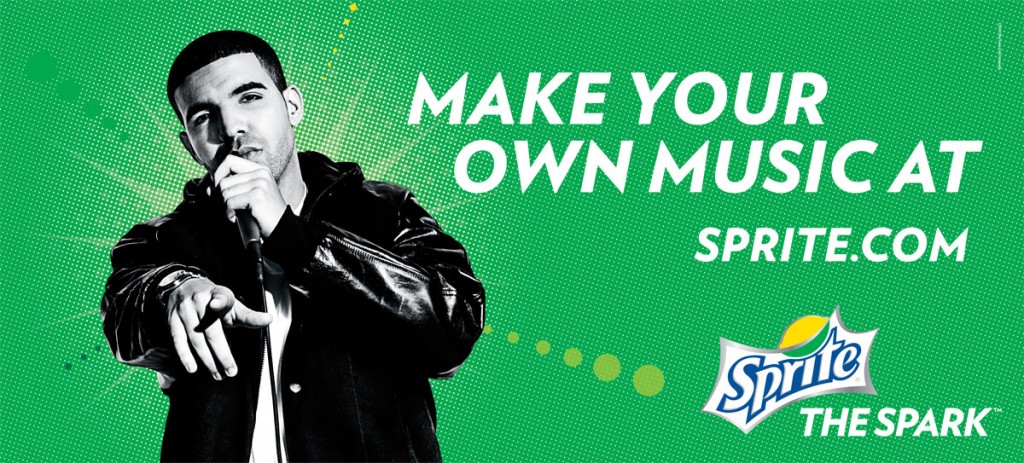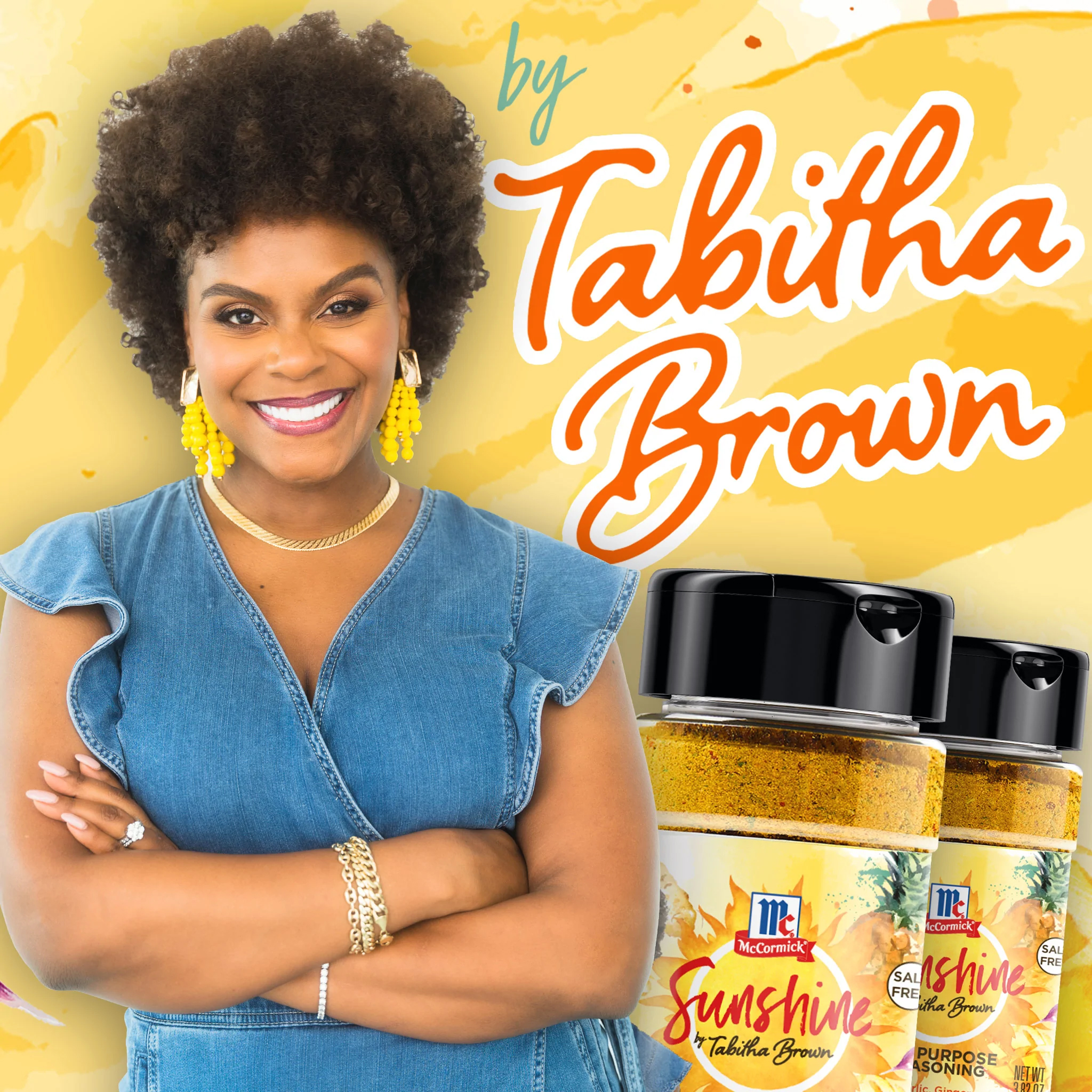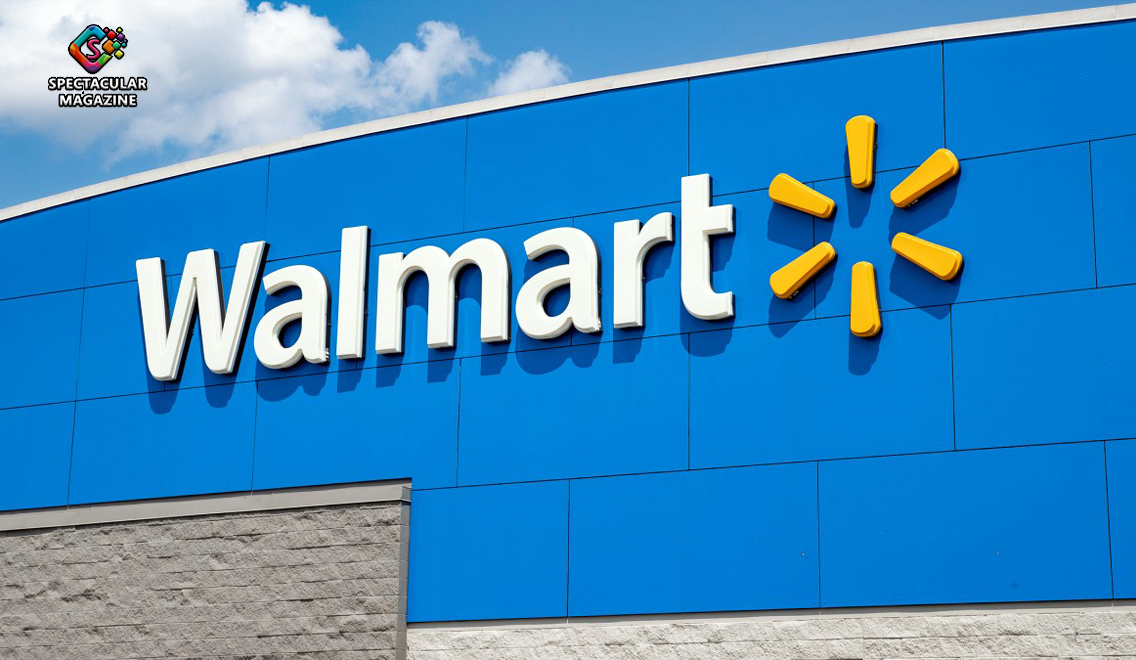Study Explains Why Walmart, YouTube, Sprite Are Black Americans’ Top Brands
Walmart, YouTube, and Lysol are the top brands among Black Americans, according to new research from Collage Group. Sprite, Visa, and McCormick ranked the next highest, with Dove, Febreze, Netflix, and Google rounding out the top 10.
“What we’re looking at with this research is cultural fluency,” says Victor Paredes, Collage’s executive director of multicultural strategy.
The company ranks over 200 brands on six drivers that power the best connections: fit, relevance, memories, values, trust, and advocacy.
Within the top 10, brands fall into two different universes, he tells Marketing Daily. Some, like Walmart and Visa, have universal relevance among all audiences, and those brands have found ways to amplify brand values to better resonate with Black audiences.

Others, like Sprite and McCormick, are uniquely relevant. “Their specificity gives them a different position with the Black consumer than it probably does with other consumers,” says Zekeera Belton, Collage’s vice president of client services.
Sprite, for example, draws its cultural fluency from a close connection with musicians and a history of supporting hip-hop that goes back almost 40 years. About 54% of the Black Americans in the Collage survey enjoy hip-hop, versus 33% of the overall sample.
Recent Sprite efforts include rapper Coi Leray, but other past campaigns have included Drake and Missy Elliott.
Sprite is also active in NBA programming and is the No. 1 sports brand among Black Americans. “Sprite is skillful at tapping into these cultural passion points,” Belton says. “That continual investment doesn’t go unnoticed. Black consumers say things like, ‘Sprite is the brand for me, and it’s been connecting with me for a long time.'”

McCormick also leverages passions unique to the Black community, working with food influencers like Tabitha Brown and Millie Peartree. And last year’s “Soul-Cuterie” boards celebrating Black History Month made a splash by translating a popular trend into something delicious for Black foodies.
That effort took advantage of this group’s love of flavor, but also “that nuance of contextualizing what the Black experience is in America,” says Belton. “It’s a connection to family and spirituality and soul food — our most authentic selves — which means so much to this audience.”
Walmart’s bond with Black consumers centers around value and affordability, as is true of the brand with all consumers. But it’s also given $5.3 million to causes like criminal justice reform and racial equity. and get plenty of attention for its Black & Unlimited platforms for professionals, creators, and entrepreneurs.
Similarly, Visa’s commitment to building financial savvy resonates among many segments. But the brand also makes “these very specific, powerful winks to the Black consumer that it puts on the global stage,” Paredes says. That includes using actress Keke Palmer as the voiceover or using Leikeli47’s “Changing the Game” in its ads. “It’s just got incredible cultural IQ.”
About 39 million Americans — 12% of the country — identify as Black alone, with purchasing power of $1.6 trillion. And 63 million, or 19%, identify as Hispanic, with buying power of $1.9 trillion. Asians, 19 million or 6%, have $1.3 trillion in purchasing power.
The survey finds that 77% of Black Americans believe racism is a serious problem, and 83% believe brands should be involved in social and political issues.
“The BS meter is high,” Belton says. “Consumers are looking for brands to show they understand disparities and the needs of the community, in addition to putting Black faces in their ads. If it doesn’t feel authentic, brands aren’t going to break through.”


